Author: Lynda Benigno
There are dozens of quotes from philosophers and religious clergy espousing the tenents of forgiveness. While the idea of forgiveness is noble, in situations in which deep hurt or trauma has occurred, forgiveness may be the exact opposite of what a person needs. For them to forgive is to ignore the fundamental emotional and mental process that needs to occur. The definition of forgiveness is to grant pardon to a person for an offense, to absolve and cease to feel resentment. The real nuance of forgiveness places the focus on the other person, to relieve them of any wrongdoing. The expectation is that any negative emotion towards the other person ceases to exist.
I am saying bull to the whole facade. Forgiveness is not needed to move on, to heal, or be healthy. Emotions are not always logical; however, ignoring your feelings will not work. Our emotions carry essential messages; anger, hurt, and sadness tell us to be careful and to take care of ourselves. Forgiveness can not be forced. Refusing to forgive does not make you a bad person, a negative person, or unenlightened. You are entitled to your feelings, to honor them and listen to what they are telling you because they are there for a reason.
There are many instances in which forgiving can do more harm than good. We live in a time when society tells us that the dark emotions we have are "bad". Instead of allowing ourselves to feel them, we should stuff them down. Forgiveness is touted as a cure-all for being hurt by another person. Prescribing forgiveness to someone after severe betrayal, abuse, or trauma only serves to heap guilt on top of the anger and hurt the victim is already feeling. You are telling them that they are to ignore their own needs to cater to the other persons emotional well being. There have been cases in which family members will turn their backs on the victim of abuse because they won't let go, forgive, and go with the program. Someone who has been deeply hurt may tell others they have forgiven to relieve the pressure and constant clamoring for them to do so. The situation then becomes more stressful because they must live a lie by pretending everything is okay. Doing this can lead to depression and isolation. I implore anyone who gets told that their reaction to feeling hurt is the problem, not the offense itself, to RUN! It is emotional abuse, plain and simple.
True forgiveness is a process with no time limit. The offender must be held accountable for their actions and understand the damage they have done. Discussions need to take place in which full responsibility is taken, and genuine guilt and remorse are displayed. A sincere apology absent of excuses is required. The person on the receiving end needs to be given the time and space that they need to work through their emotions.
Moreover, to forgive before any accountability prevents the offender from learning from their mistake. Some betrayals are so egregious that forgiveness is tantamount to handing the other person a bullet so they can take another shot. It is up to you to decide what relationships are worth repairing and which ones are not.
Healing should always be your goal. It is okay to feel anger. It is okay to feel sad. It is okay to feel betrayed. Use the emotions you have to build and reinforce boundaries that will protect you from the other person if the situation calls for it. Spend time talking to those who love you and care about your well being. These people will not pressure you to be anywhere emotionally except where you are and can be a tremendous source of support. Pay close attention to your feelings and manage them to the best of your ability. Talk therapy can help sort out confusing emotions and give you the tools to manage your feelings when they arise. Take care of yourself by eating well and getting enough exercise and sleep. Take a stand for your own needs and recognize that healing does not require forgiveness. Healing requires acknowledging your emotions and working through them to find peace within yourself. If you are in a situation where forgiveness comes easy, that is wonderful. If not, let yourself off the hook. To thy own self be true.
The opinions expressed in this article are of the author and not intended to diagnose, treat, or cure any physical or mental condition. If you are struggling, please contact your healthcare provider, the National Suicide Prevention Hotline at 1-800-273-8255, or Stepping Stone Community Services at 330-577-4099.

